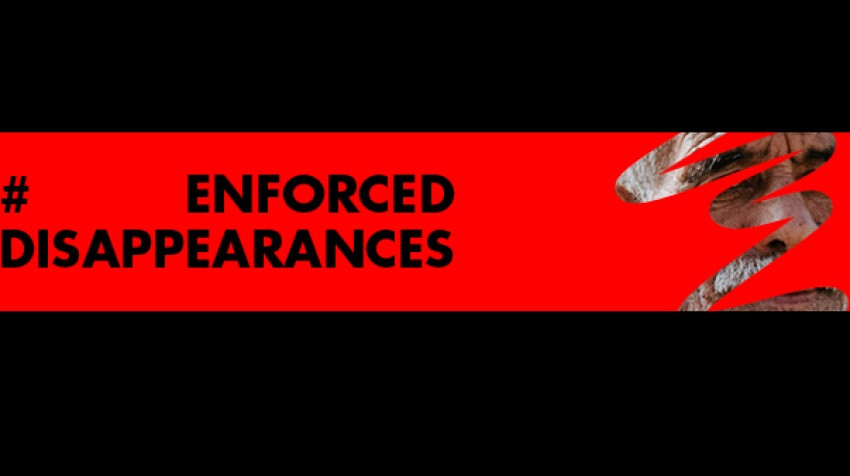ENFORCED DISAPPEARANCE INQUIRY
Groups in security agencies resisting co-op: Commission
The commission recently submitted its findings to the interim government, highlighting internal efforts to impede their work
Mahabub Alam and Qazi Shamim Hasan, Dhaka
Published: 24 Jun 2025

A report by the Commission of Inquiry on Enforced Disappearances has revealed that some groups within security agencies are actively resisting cooperation with the commission’s efforts to investigate cases of enforced disappearances.
The commission recently submitted its findings to the interim government, highlighting internal efforts to impede their work.
“We are aware of ongoing efforts within certain security agencies to resist cooperation with the commission. We understand that internal groups have been formed with the explicit purpose of coordinating responses to the commission’s work,” the report says.
“Briefing and debriefing sessions take place regularly, which members of the security forces have repeatedly confirmed to us,” it says.
According to the report, it will be inaccurate to suggest that the culture of impunity has ended. “Throughout the commission’s work, it has encountered numerous instances that illustrate the continued presence of impunity, as well as its chilling effect on justice and accountability efforts.”
The report warns that this culture of impunity harms not only victims and their families but also the security forces themselves in the medium to long term.
“In many of our interactions with the members of the security forces -- both officers and the rank and file, we have found them to be deeply fearful. However, their fear was not directed at the commission or its accountability mandate. In fact, during private conversations, many of them were candid in stating that their fear stemmed not from us, nor any governmental accountability processes, but from their own institutions,” reads the report.
Several expressed a genuine fear of retaliation, including the possibility of being killed.
One soldier, for example, initially agreed to communicate with the commission only through an intermediary, too afraid to even let his voice be heard by any member of the commission, the report says, adding that it was only after repeated reassurances and ongoing engagement that he eventually felt safe enough to speak to the commission directly.
The commission states that some of these sessions have included explicit messaging instructing the security personnel to remain silent before the commission.
In one instance, an interviewee reported that he was told by his superiors that even if he admits to his own actions, he must not name any other officers or speak of anyone else’s conduct, according to the report.
Lawyers have been sent to the commission, accompanying officers summoned for interviews, despite there being no enabling provision in the law allowing their presence. According to the report, when a military officer was asked why he had brought a lawyer along, he protested it was not his choice but the decision of the “headquarters”.
For those who have chosen to break ranks and speak frankly to the commission, the pressure feels institutional in nature, not the product of individual decisions, it says.
In March 2025, a former Rapid Action Battalion intelligence officer messaged, “Most importantly, don’t refer my name in any evidence that I am passing you… then the army will sack and arrest me.” The perception among many is that the security forces, as institutions, are positioning themselves in opposition to accountability efforts, even as many members of the security forces are yearning for a resolution to this decade-long trauma.
“We do not believe this perception to be entirely accurate, as we have typically received some cooperation from many forces, including RAB. Nevertheless, it has created a dynamic in which those who may be culpable believe that they need only to wait out the commission’s tenure, confident that their institutions will shield them,” reads the report.
Meanwhile, those who are not accused of wrongdoing, but could serve as witnesses, fear that coming forward would place them at risk, as their institutions may ultimately fail to protect them, or worse, may retaliate against them for cooperating.

